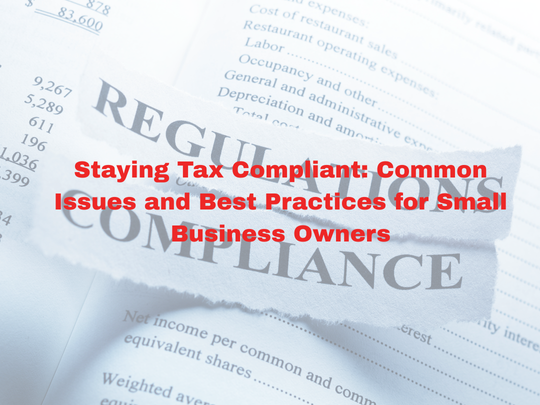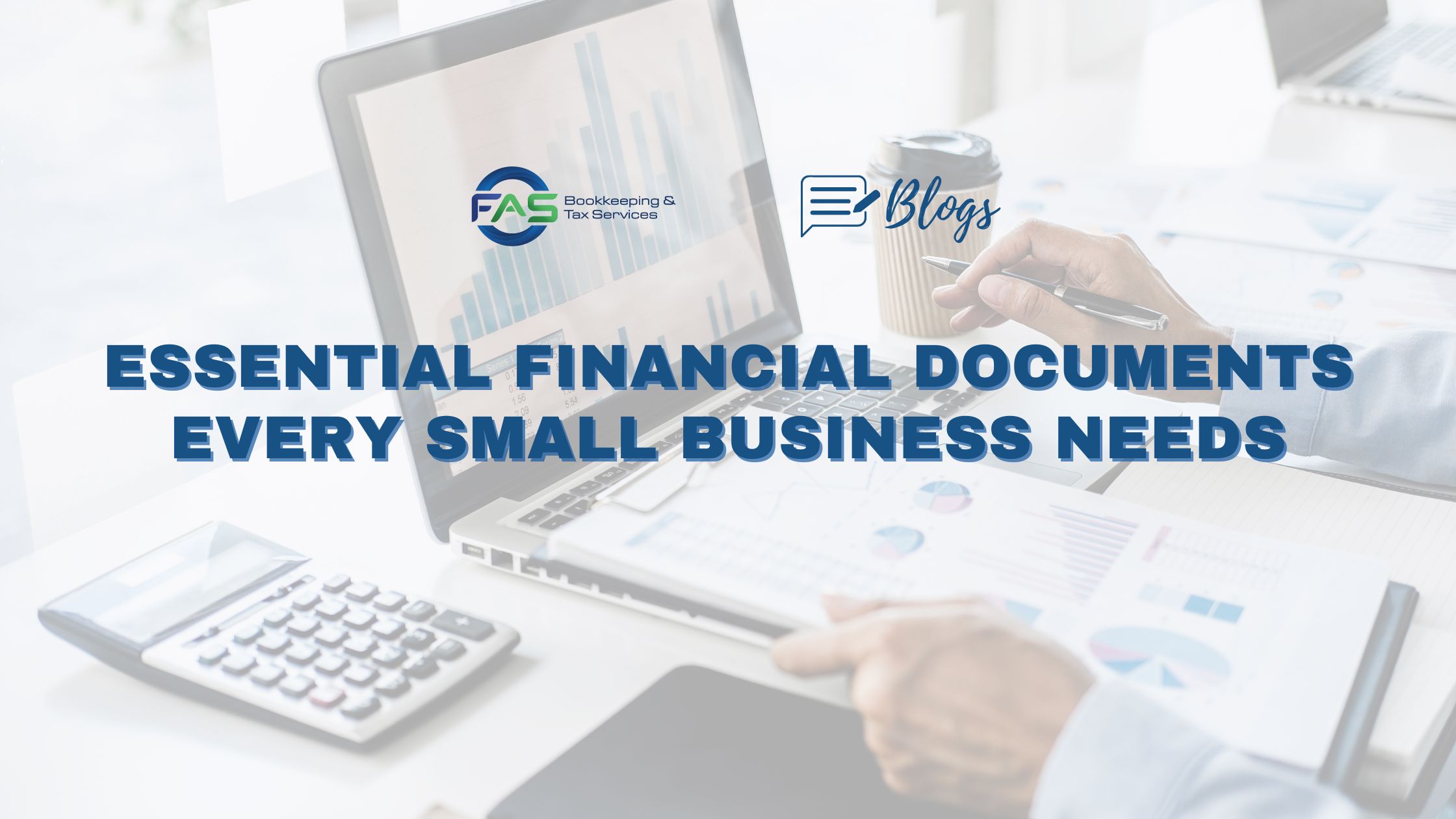Essential Financial Documents Every Small Business Needs
Starting and running a small business is an exciting journey, but it comes with its fair share of challenges. One of the most crucial aspects of managing a small business is maintaining accurate and comprehensive financial records. Having the right financial documents in place is essential not only for day-to-day operations but also for ensuring long-term success and stability. In this article, we’ll explore the essential financial documents every small business needs and how they can help you manage your business more effectively.
1. Business Plan
A well-crafted business plan is the foundation of any successful small business. This document outlines your business goals, strategies, target market, and financial projections. It serves as a roadmap for your business and is often required when seeking funding from investors or lenders. A detailed business plan helps you stay focused and make informed decisions as your business grows.
2. Income Statement
The income statement, also known as the profit and loss statement, provides a summary of your business’s revenues, expenses, and profits over a specific period. This document is crucial for assessing your business’s financial performance and making strategic decisions. Regularly reviewing your income statement can help you identify trends, control costs, and increase profitability.
3. Balance Sheet
A balance sheet offers a snapshot of your business’s financial position at a given point in time. It lists your assets, liabilities, and equity, providing insight into your business’s financial health. By analyzing your balance sheet, you can determine your business’s net worth and assess its ability to meet short-term and long-term obligations.
4. Cash Flow Statement
The cash flow statement tracks the flow of cash in and out of your business. It helps you understand how well your business generates cash to meet its debt obligations and fund its operating expenses. Managing cash flow is critical for the survival of any small business, making this document indispensable for financial planning and analysis.
5. General Ledger
The general ledger is the core of your business’s accounting system. It contains all the financial transactions of your business, categorized into various accounts such as revenue, expenses, assets, and liabilities. A well-maintained general ledger ensures accurate financial reporting and helps you track your business’s financial activities.
6. Accounts Receivable Aging Report
This report provides a detailed breakdown of all outstanding invoices and the length of time they have been unpaid. By monitoring your accounts receivable aging report, you can identify late payments, follow up with customers, and improve your cash flow management. It also helps you assess the creditworthiness of your customers and manage credit risk effectively.
7. Accounts Payable Aging Report
Similar to the accounts receivable aging report, the accounts payable aging report tracks your business’s outstanding bills and the length of time they have been unpaid. This document helps you manage your payables, avoid late payment penalties, and maintain good relationships with your suppliers.
8. Tax Returns
Filing accurate and timely tax returns is a legal requirement for all businesses. Keeping copies of your tax returns and supporting documents is essential for compliance and audit purposes. Additionally, reviewing your tax returns can provide insights into your business’s financial performance and help you identify tax-saving opportunities.
9. Payroll Records
Payroll records document your employees’ compensation, including wages, salaries, bonuses, and deductions. Maintaining accurate payroll records is crucial for tax reporting, compliance with labor laws, and managing employee benefits. These records also help you track payroll expenses and plan for future staffing needs.
10. Loan Agreements and Credit Lines
If your business has any loans or lines of credit, it’s important to keep detailed records of these agreements. These documents outline the terms and conditions of your borrowing arrangements, including interest rates, repayment schedules, and covenants. Managing your debt effectively is key to maintaining your business’s financial health and creditworthiness.
Conclusion
Maintaining accurate and comprehensive financial documents is essential for the success of any small business. These documents provide valuable insights into your business’s financial performance, help you make informed decisions, and ensure compliance with legal and regulatory requirements. By keeping your financial records organized and up-to-date, you can build a strong foundation for your small business and achieve long-term success.
If you need help managing your small business’s financial needs, we are here to assist. Our team specializes in bookkeeping, tax services, and financial planning tailored to meet the unique needs of small businesses. Contact us today to learn how we can support your business and help you achieve your financial goals.





